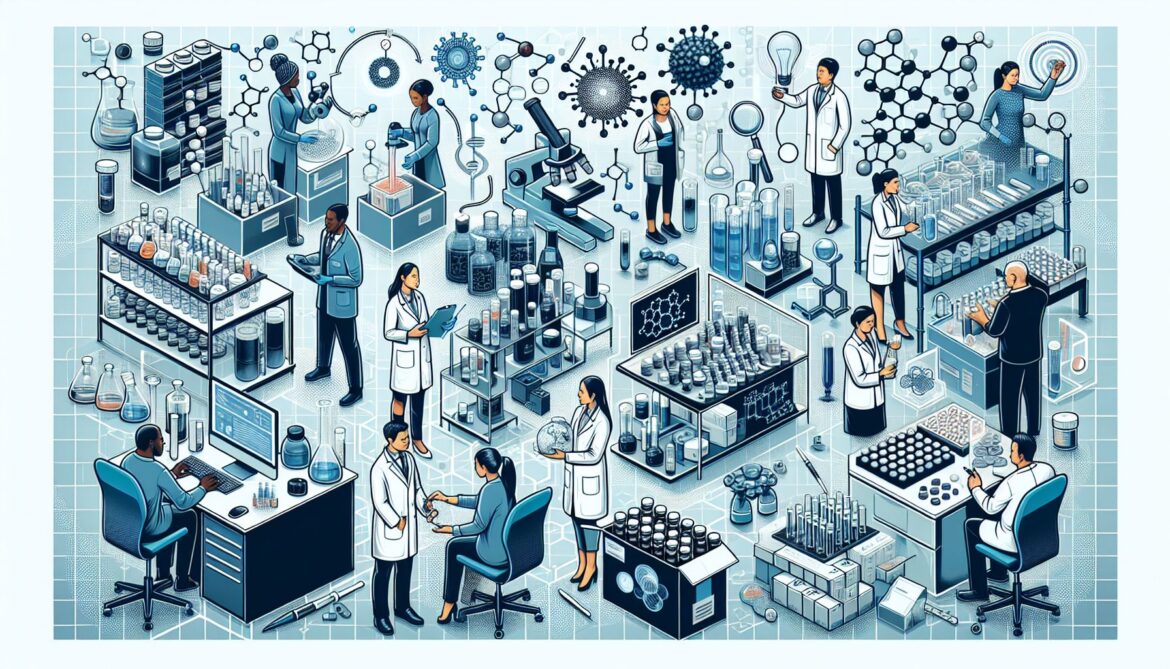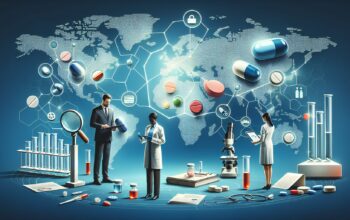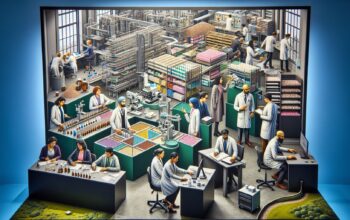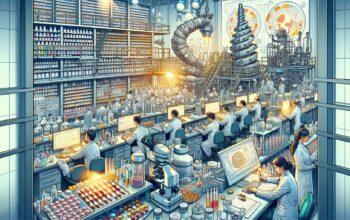
The pharmaceutical industry is a vital player in global healthcare, constantly working towards developing and improving medicines to tackle diseases and improve human health. This constantly evolving field is fueled by cutting-edge research, state-of-the-art technology, and a commitment to improving patients’ lives. In this blog post, we will explore the fascinating world of medicines and the pharmaceutical industry.
Introduction: Pushing the Boundaries of Science
The pharmaceutical industry serves as a bridge between medical research and patient care. It plays a crucial role in the discovery, development, production, and distribution of medicines. Scientists and researchers work tirelessly to uncover new drugs, test their efficacy and safety, and ultimately bring them to market.
The Research and Development Process
The journey from a potential drug molecule to an efficacious medicine available to patients is a complex and lengthy process. It typically involves several stages, including basic research, preclinical testing, clinical trials, regulatory approval, and post-market surveillance.
Researchers uncover potential drug candidates through a variety of methods like studying disease mechanisms, identifying targets, and designing molecules. These candidates then undergo rigorous testing in laboratories and animal models during the preclinical stage. Promising candidates move forward into clinical trials, where their safety and effectiveness are meticulously evaluated in human subjects.
Once a drug successfully completes clinical trials, it undergoes a regulatory approval process to ensure its safety, quality, and efficacy. Regulatory bodies, such as the Food and Drug Administration (FDA) in the United States, play a critical role in evaluating and authorizing medicines for public use.
The Manufacturing Challenge
Manufacturing pharmaceuticals comes with its own set of challenges. Complex compounds, exacting quality standards, and stringent regulatory requirements all contribute to the intricate nature of medicine production. Pharmaceutical companies invest in state-of-the-art production facilities, cutting-edge technology, and highly trained personnel to ensure consistent quality and safety.
Furthermore, the pharmaceutical industry aims to make medicines accessible and affordable to patients around the globe. Striking a balance between innovation and affordability remains an ongoing challenge, particularly in developing nations where healthcare resources may be limited.
Conclusion: Improving Lives Through Innovation
The pharmaceutical industry’s relentless pursuit of improving human health has resulted in life-saving breakthroughs, expanded treatment options, and better overall patient outcomes. Medicines have contributed significantly to the eradication and control of diseases, increasing life expectancy, and improving the quality of life for millions of people worldwide.
Nonetheless, the pharmaceutical industry faces ongoing challenges, including cost concerns, public trust, and ethical considerations. Collaboration between industry, academia, policymakers, and healthcare professionals is essential to address these challenges and continue to improve our understanding and treatment of various diseases.
In conclusion, medicines and the pharmaceutical industry go hand-in-hand in providing hope and healing to individuals around the world. The industry’s dedication to research, development, and manufacturing ensures that new breakthroughs continue to transform lives, offering a brighter and healthier future for us all.


